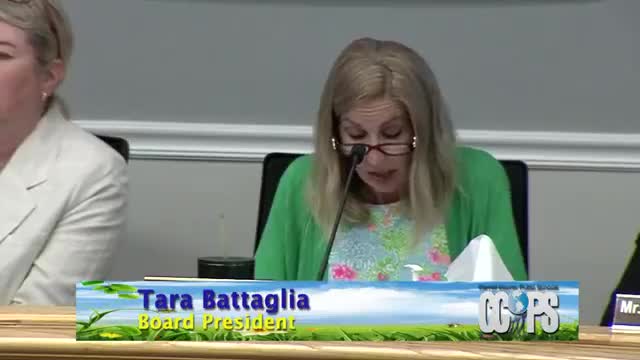Article not found
This article is no longer available. But don't worry—we've gathered other articles that discuss the same topic.
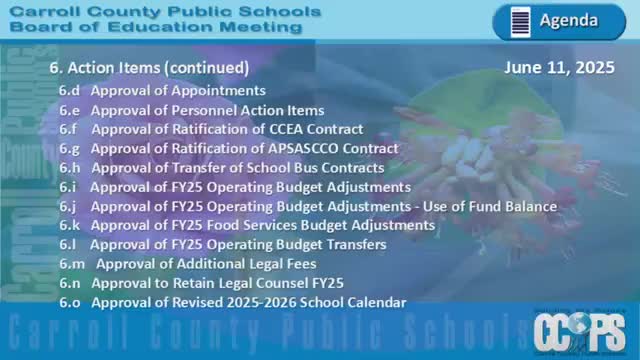
Board ratifies labor agreements; teacher contracts set for modest FY26 increase and school calendar gains PD days
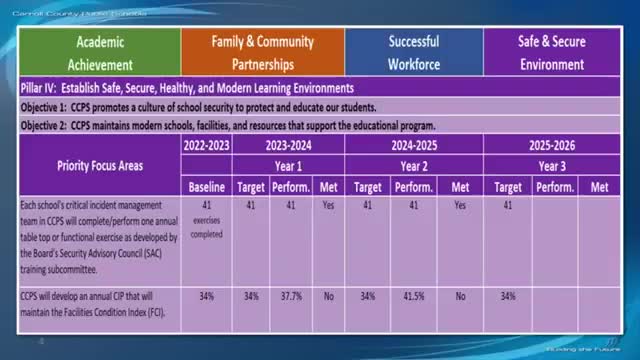
Board hears pillar‑4 security update: tabletop drills completed; FCI used to guide capital priorities
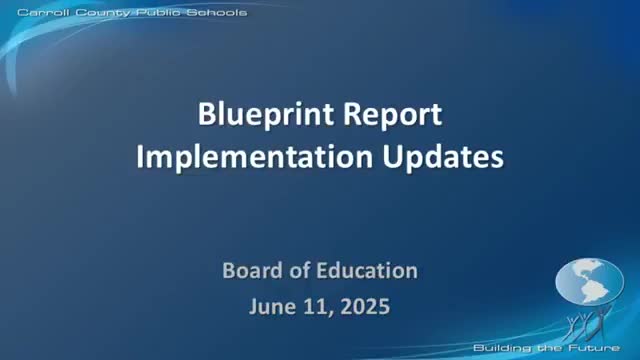
Blueprint update: career counseling extended by state, new community‑school eligibility, Towson mentor program launched
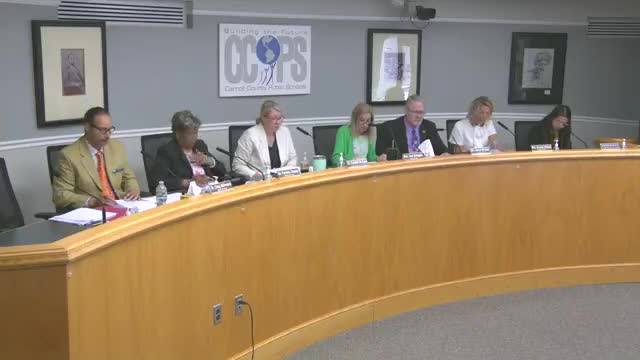
Board approves 2025–2034 education facility master plan; state funding for two additions could be affected
